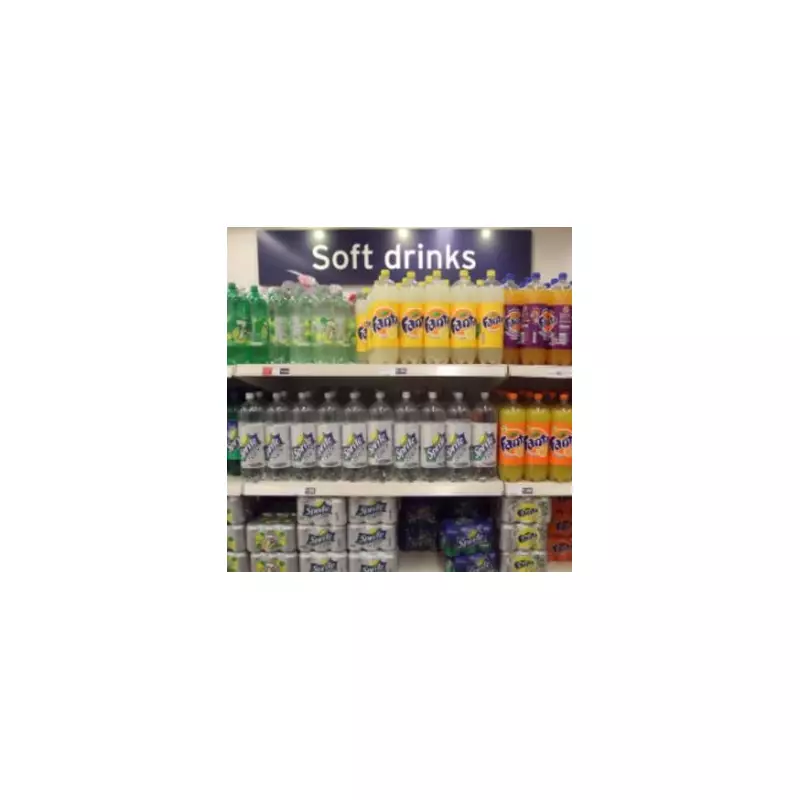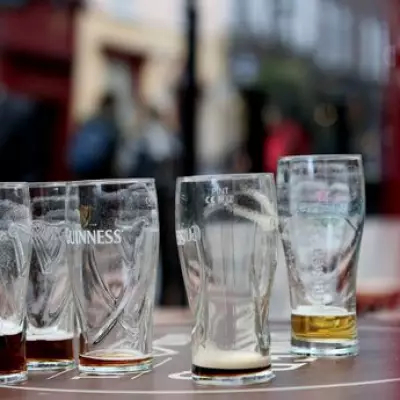
In a surprising retail development that's set to transform the shopping experience for millions, two of Britain's supermarket giants have quietly revolutionised their alcohol sales policies.
The End of an Era for Alcohol Verification
Tesco and Sainsbury's have officially removed age verification requirements for specific low-alcohol beverages, marking a significant departure from longstanding retail practices. This policy shift affects drinks containing 0.5% alcohol by volume (ABV) or less, effectively treating them the same as regular soft drinks.
Which Products Are Affected?
The change primarily impacts popular beverages that many consumers might not even realise contain trace amounts of alcohol. Among the affected products are:
- Certain kombucha drinks
- Some alcohol-free beers
- Select fermented soft drinks
- Various low-alcohol craft beverages
This policy adjustment brings supermarket practices in line with UK licensing laws, which don't require age verification for drinks below 0.5% ABV.
Why This Change Matters for Shoppers
The implications for consumers are substantial. No longer will shoppers purchasing these minimally alcoholic beverages face the potential embarrassment of being asked for ID at self-checkout stations. The streamlined process eliminates those awkward moments when till operators need to override the system for what are essentially non-alcoholic products.
One retail insider commented: "This is about common sense prevailing. These drinks pose no more risk than orange juice or ripe bananas, both of which can contain similar alcohol levels."
The Science Behind the Decision
At 0.5% ABV, these beverages contain less alcohol than many everyday food items. For context, a ripe banana can naturally contain up to 0.5% alcohol, while some breads and fruit juices regularly reach similar levels through natural fermentation processes.
Industry Response and Customer Reactions
Early feedback from shoppers has been overwhelmingly positive. Many have expressed relief at the simplified purchasing process, particularly parents buying kombucha or alcohol-free beers for family gatherings.
The move also reflects growing consumer demand for low and no-alcohol alternatives, a market segment that has seen explosive growth in recent years. Industry analysts suggest this policy change could further accelerate this trend by making these products more accessible and reducing the stigma around their purchase.
As one regular shopper noted: "It never made sense to ID someone for a drink with less alcohol than bread. This is a welcome step toward rational retail policies."
What This Means for the Future of Retail
This policy shift by two of Britain's largest retailers could signal broader changes across the supermarket sector. Other chains may now face pressure to follow suit, potentially creating industry-wide standardization for low-alcohol beverage sales.
The change also highlights how retail policies are evolving to keep pace with both scientific understanding and changing consumer habits in post-pandemic Britain.





